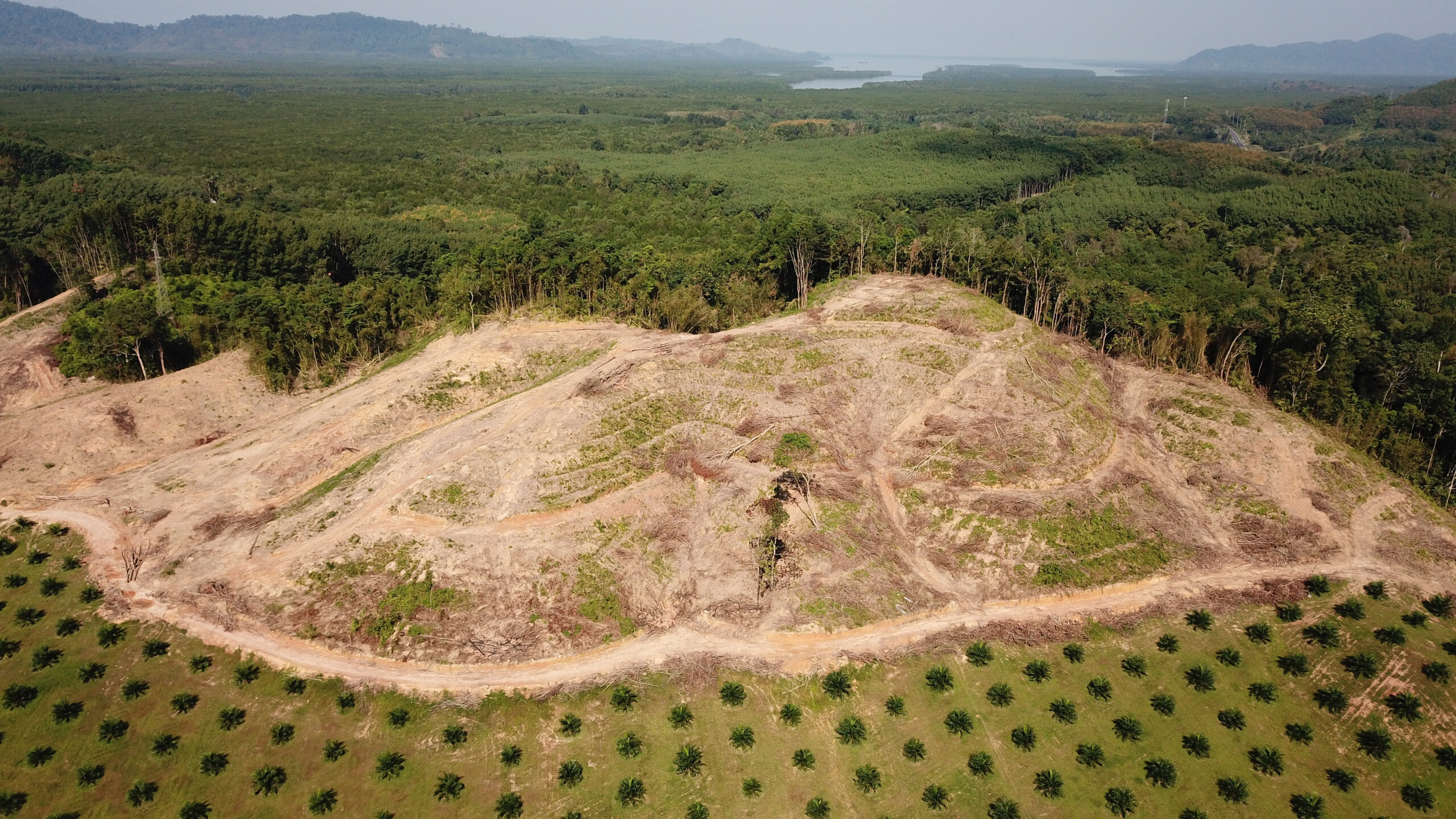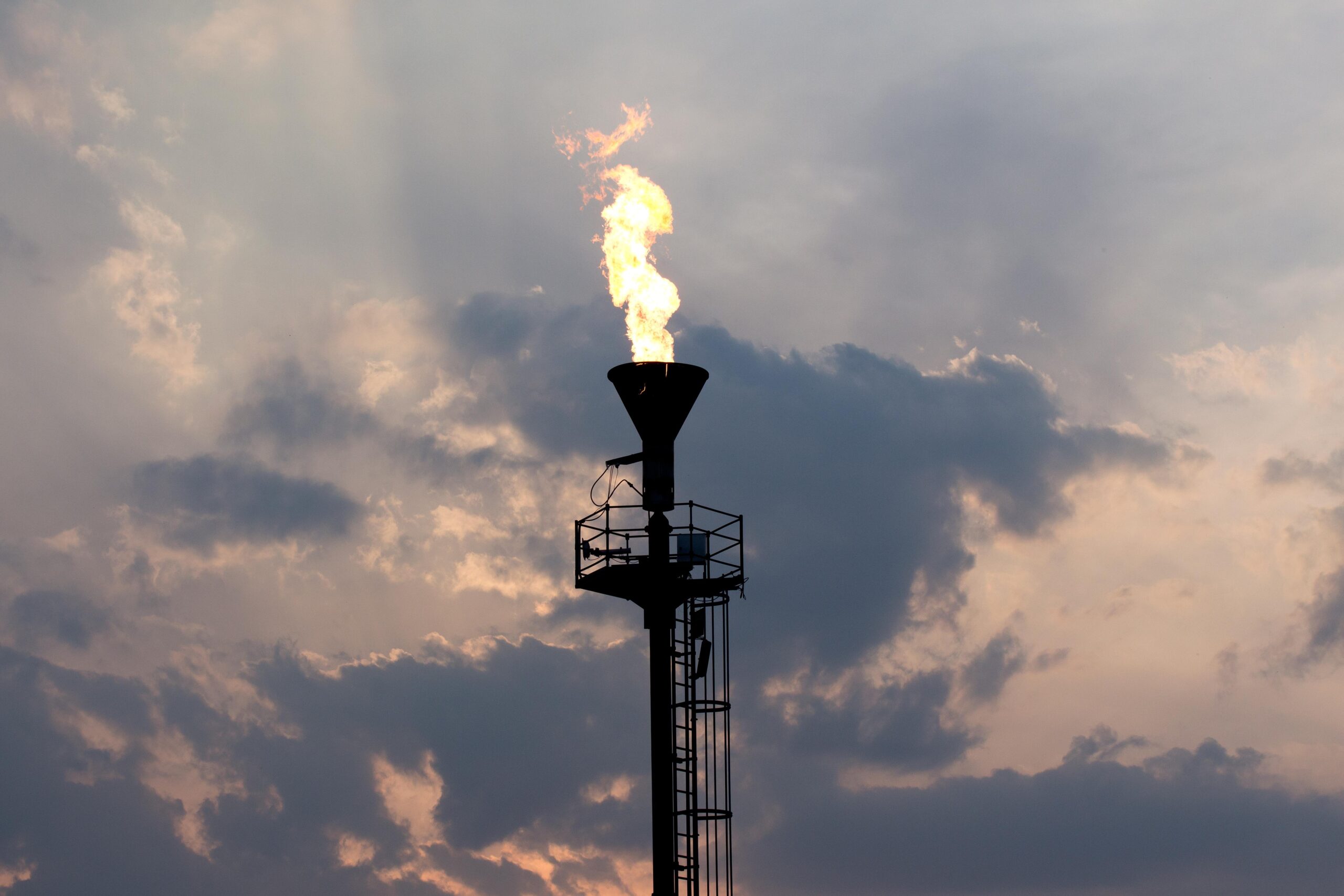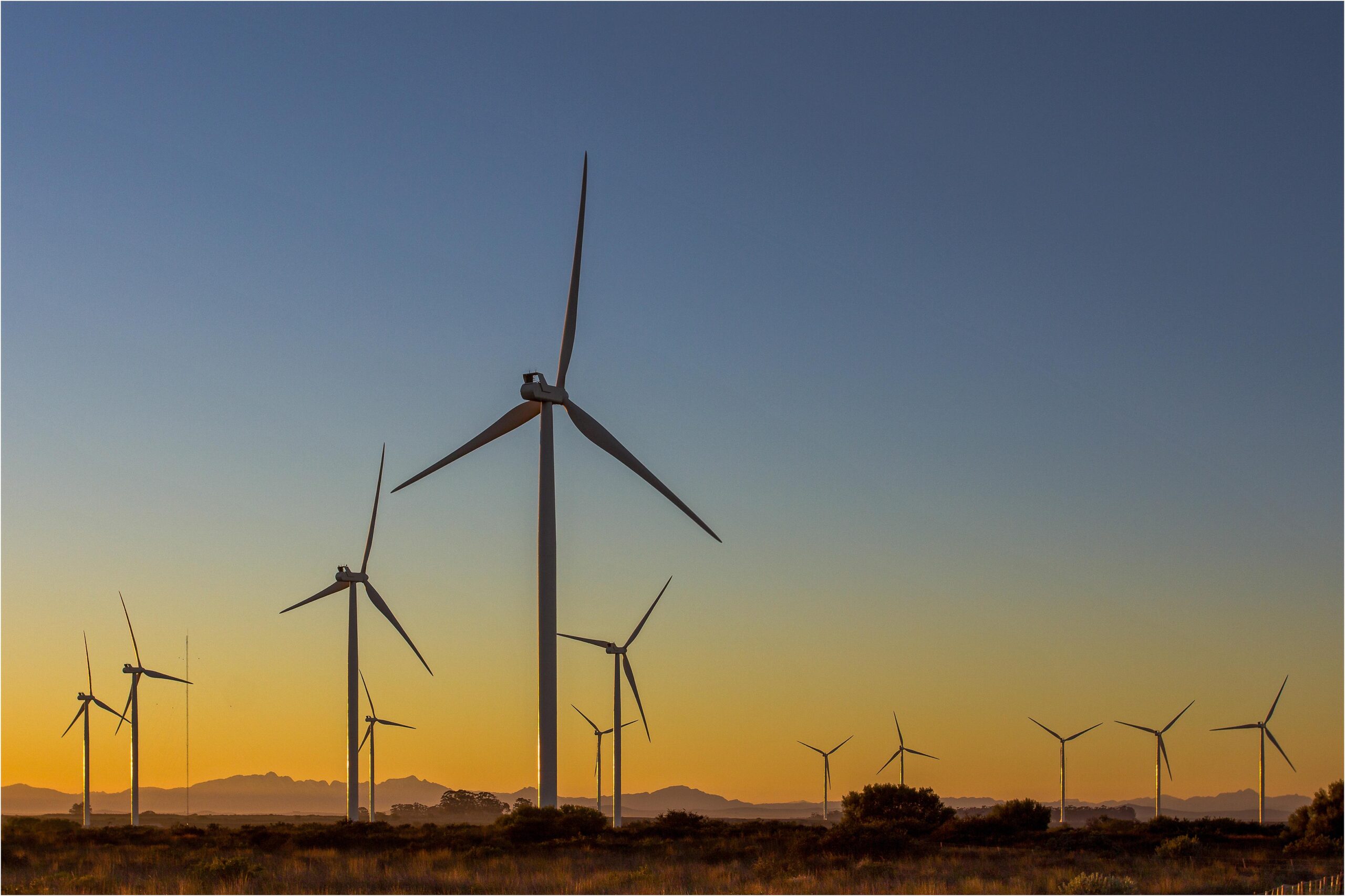Why Climate Philanthropy Matters
The climate crisis is more than an environmental issue—it’s a human issue, that deepens existing societal problems and negatively affects global well-being.
At Climate Lead, we know philanthropy can catalyze the progress we need for a healthy and equitable society. Philanthropy is uniquely positioned to be nimble and take risks, leverage meaningful public and private action, and to drive funds for big, systems-level change.
Philanthropy in Action
Read on for illustrative examples of some of the change philanthropy is making possible.





